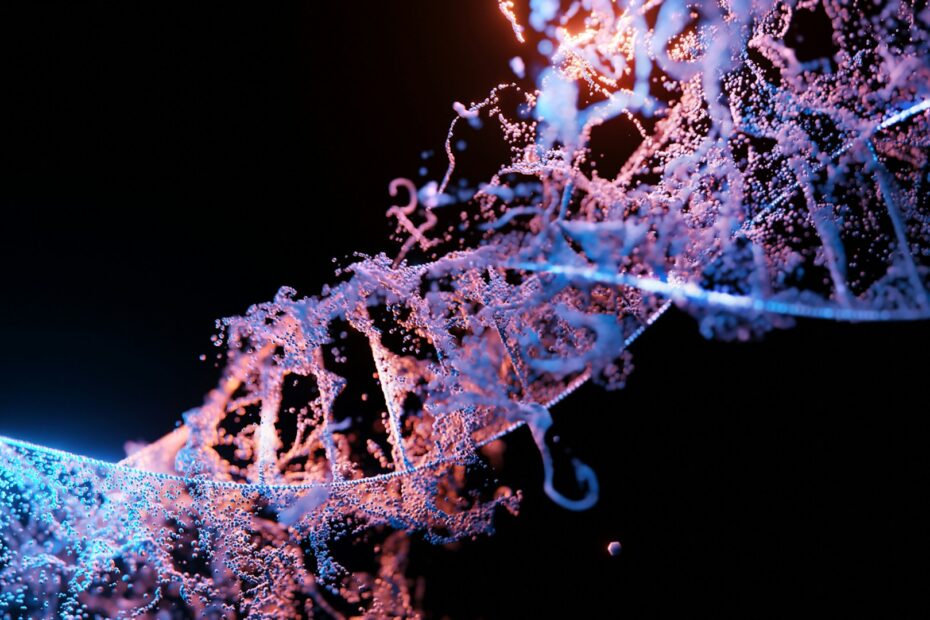Key Insights
- DIYbio initiatives challenge traditional scientific paradigms, envisioning alternative paths for scientific research and innovation.
- Self-regulation and collaboration with professionals ensure safety and ethical conduct within the DIYbio community.
- Disparities in global distribution emphasize the need for inclusivity and diversity to promote equitable participation in bioscience endeavors.
Science isn’t just for white lab coats and fancy equipment anymore. A growing movement called “DIYbio” is putting science tools in the hands of everyday people, and it’s shaking things up in a big way. This blog post explores the world of DIYbio, its goals, how it works, and what it means for the future of science.

Imagine tinkering with DNA in your garage or brewing biofuels in your kitchen
That’s the reality for DIYbio enthusiasts who are using affordable tools and online resources to experiment with biology. But it’s not just about cool projects. DIYbio communities have their own vision for science: one that’s more open, collaborative, and accessible to everyone, not just those in ivory towers.
So how does it work?
Researchers at the University of Helsinki delved into the world of DIYbio by analyzing websites of 88 different initiatives. They found that these groups often describe themselves as alternatives to traditional science, with a focus on self-governance and open sharing of knowledge. They also discovered that while most DIYbio activity is currently happening in developed countries, there’s a growing effort to bridge this gap and make science more inclusive.
But is tinkering with DNA safe?
Ethical and safety concerns are naturally a big part of the conversation. The study highlights how DIYbio communities are actively developing their own safety protocols and collaborating with professionals like biosafety experts to address these concerns. It’s a balancing act, but one that DIYbio groups are taking seriously.

What does this mean for the future?
DIYbio is more than just a hobby; it’s a potential game-changer for science. Its emphasis on openness, collaboration, and inclusivity could lead to new discoveries and innovations that benefit everyone. However, it’s important to address the ethical and safety concerns that come with this democratization of science. The study suggests that fostering collaboration between DIYbio communities and established institutions could be key to navigating these challenges and ensuring a responsible and inclusive future for science.
So, the next time you think about science, remember that it’s not just happening in distant labs. It might be bubbling away in someone’s kitchen, driven by a passion for discovery and a belief that science belongs to everyone.
Reference
Sonja Erikainen (2022) The Promissory Visions of DIYbio: Reimaging Science from the Fringe, Science as Culture, 31:3, 287-310, DOI: 10.1080/09505431.2022.2028135
Image credits: Sangharsh Lohakare, Julia Koblitz
Enjoyed this blog piece? Share it with your friends or leave your thoughts and comments below!
